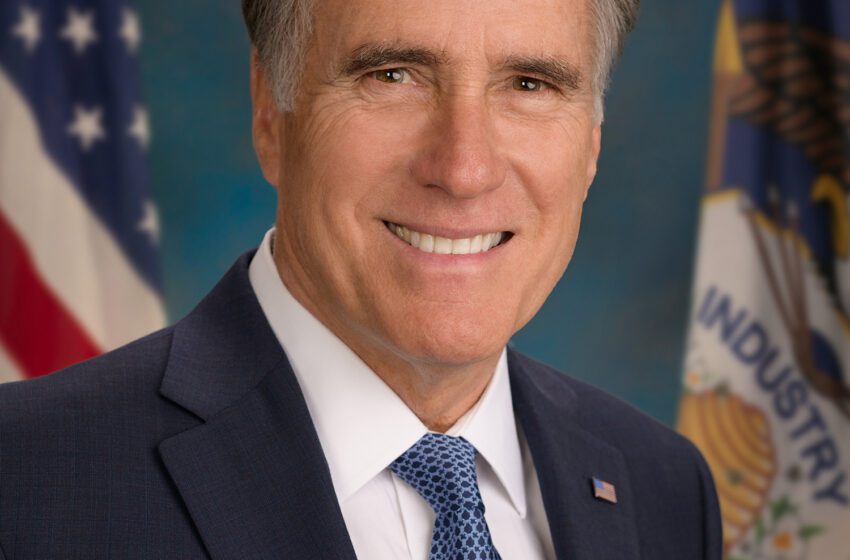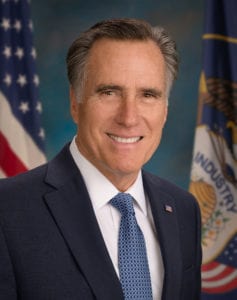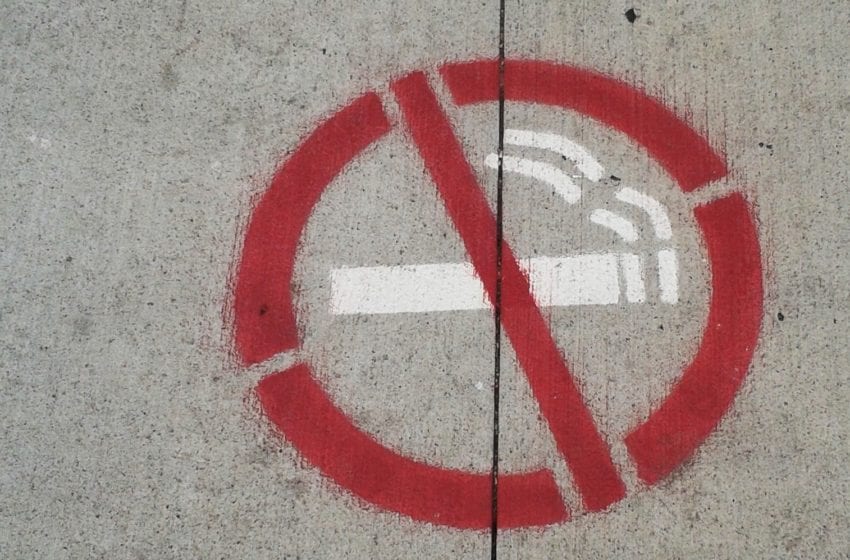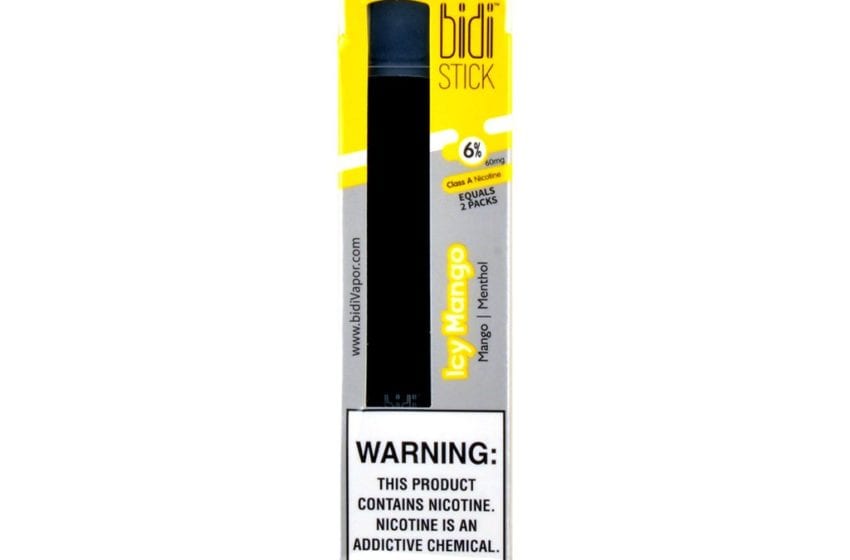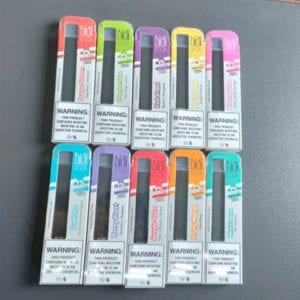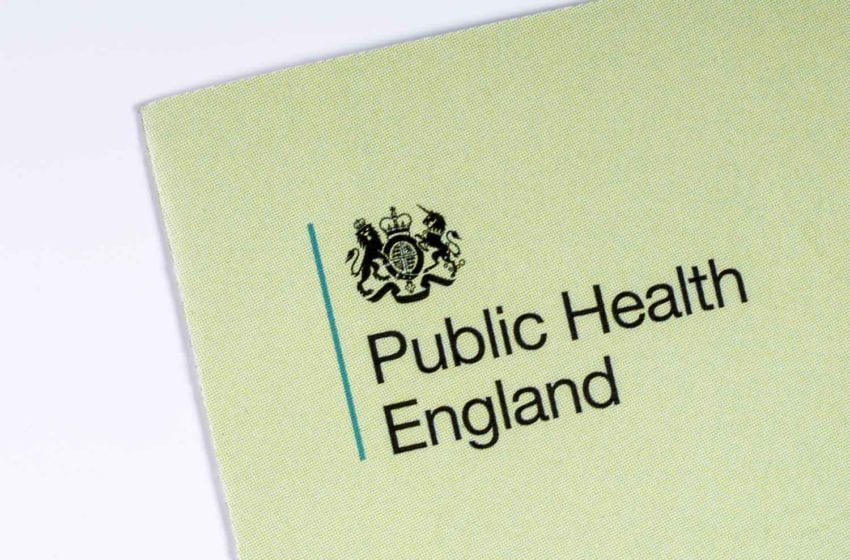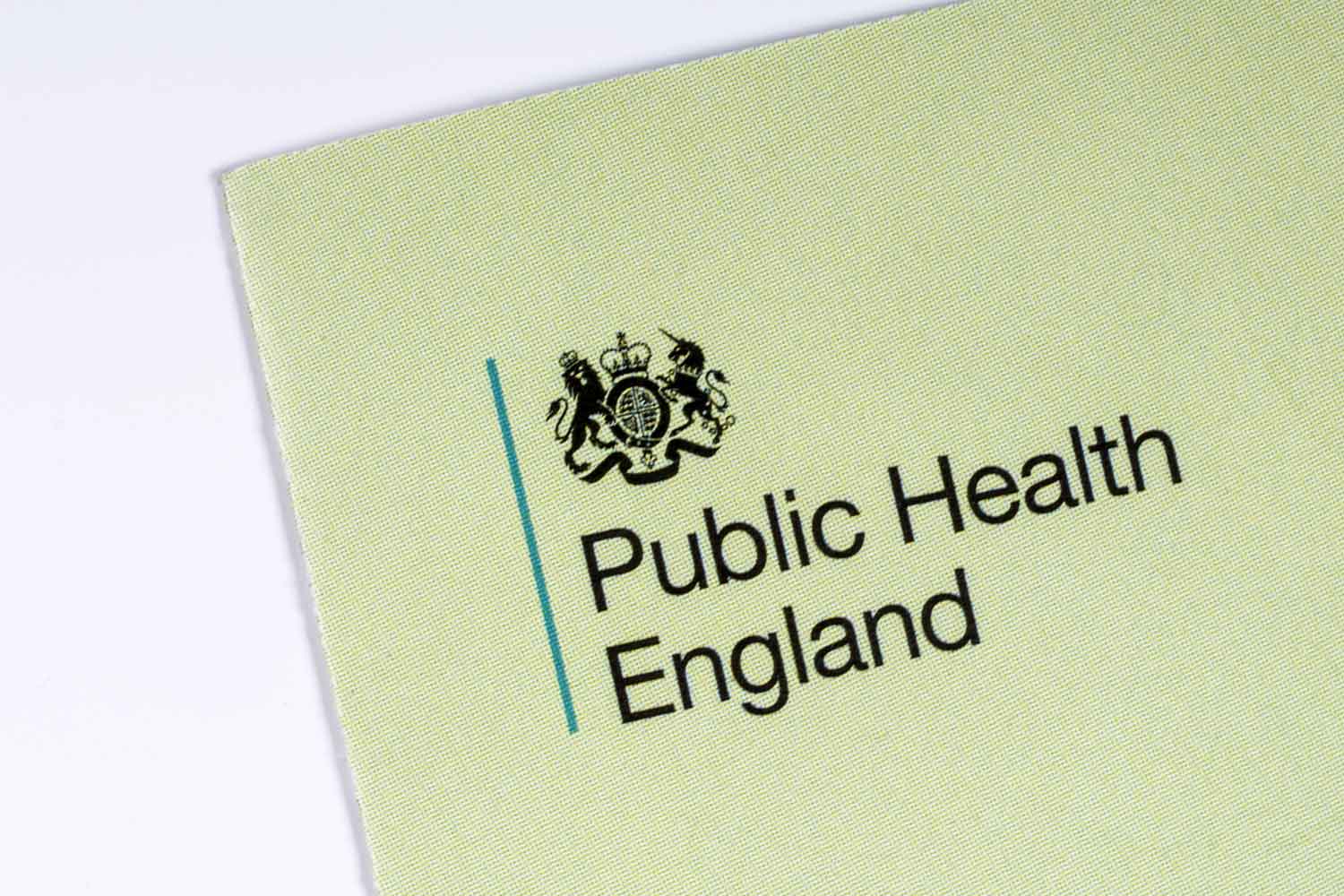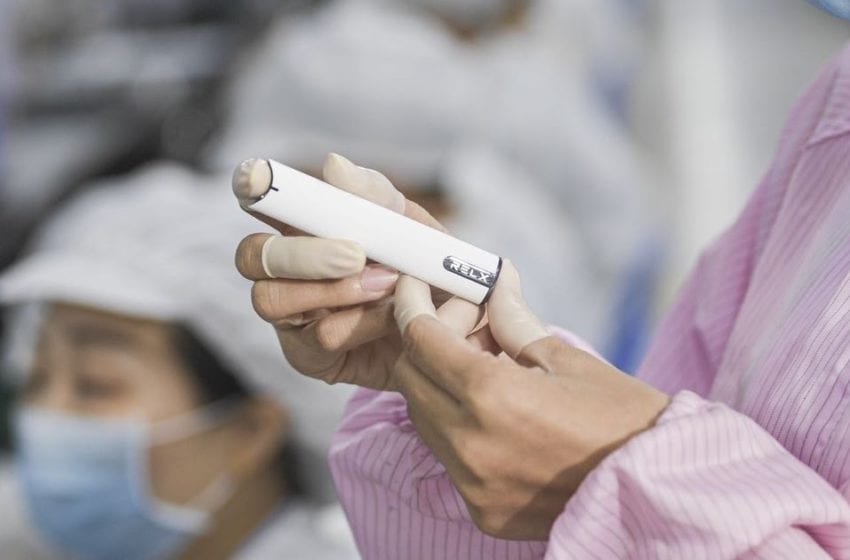By Bryan Haynes, Troutman Pepper
On February 16, 2021, the Food and Drug Administration (FDA) published the long-awaited “public list” of “deemed” tobacco products that: (1) were on the US market on August 8, 2016, (2) are currently on the US market, and (3) were the subject of a request for marketing authorization submitted to FDA by September 9, 2020.
The stated intent of the “public list” is to advise stakeholders of “deemed” tobacco products that can be legally sold in the United States. However, FDA’s approach to the list leaves critical gaps that, in many cases, fails to apprise stakeholders of unlawfully marketed products and, in other cases, fails to identify products that are lawfully marketed.
The initial version of the list includes cigar, pipe tobacco and waterpipe tobacco products that were the subject of substantial equivalence (SE) or exemption from substantial equivalence (EXSE) applications filed by September 9, 2020. However, the list expressly does not include any submissions for electronic nicotine delivery systems (ENDS), apparently because FDA has not yet completed its intake review of the thousands of Premarket Tobacco Applications (PMTAs) submitted for ENDS products.
This omission is striking, given what appears to be the plethora of ENDS products that are currently on the market and for which no PMTA was submitted by the manufacturer or importer. Although FDA has issued a few warning letters to sellers of these unauthorized products, it appears that these warning letters have only scratched the surface of unauthorized products.
The “public list” is also underinclusive in that it does not contain “deemed” products that are grandfathered from the premarket review process. Under the Family Smoking Prevention and Tobacco Control Act, products sold in the US as of February 15, 2007 (and unchanged since then) are not subject to premarket review. There are thousands of grandfathered deemed products that are not subject to premarket review.
Although FDA has published a separate database of products that have received standalone grandfather determinations, industry stakeholders are rightly concerned that distributors and retailers may conclude a product is not legally marketed if it does not appear on the “public list.” Distributors and retailers would need to separately consult the grandfather database, which is itself underinclusive because there are many grandfathered products that have not received formal FDA determinations.
The “public list” is also underinclusive in that it does not contain “deemed” products that have actually received FDA marketing authorization. For that, stakeholders would need to consult separate databases of products that have received either SE, EXSE or PMTA marketing orders. However, those databases are not current. Indeed, to our knowledge, there are scores of deemed products that obtained FDA marketing authorization months ago, and those products have not been identified in any of FDA’s databases.
The “public list” was ostensibly designed to be a tool for stakeholders to understand products that can, and cannot, be legally marketed in the United States. In order to better advise the public as to which products can legally be sold, FDA will need to expedite the inclusion of ENDS products on the list, as well as consider better ways to advise the public of products that are exempt from premarket review or that have obtained marketing authorization.
The above opinion may not be the same as Vapor Voice or it’s staff. Because of the generality of this update, the information provided herein may not be applicable in all situations and should not be acted upon without specific legal advice based on particular situations.
This article first appeared on tobaccolawblog.com.
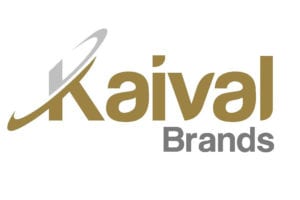 Kaival Brands has three new distribution partners for its Bidi Vapor products: Smoker Friendly International, Avail Vapor and Hilmes Distributing. These three additional distributors push the potential U.S. store count for Bidi Vapor products above 46,000, up from 10,000 in 2020.
Kaival Brands has three new distribution partners for its Bidi Vapor products: Smoker Friendly International, Avail Vapor and Hilmes Distributing. These three additional distributors push the potential U.S. store count for Bidi Vapor products above 46,000, up from 10,000 in 2020.

